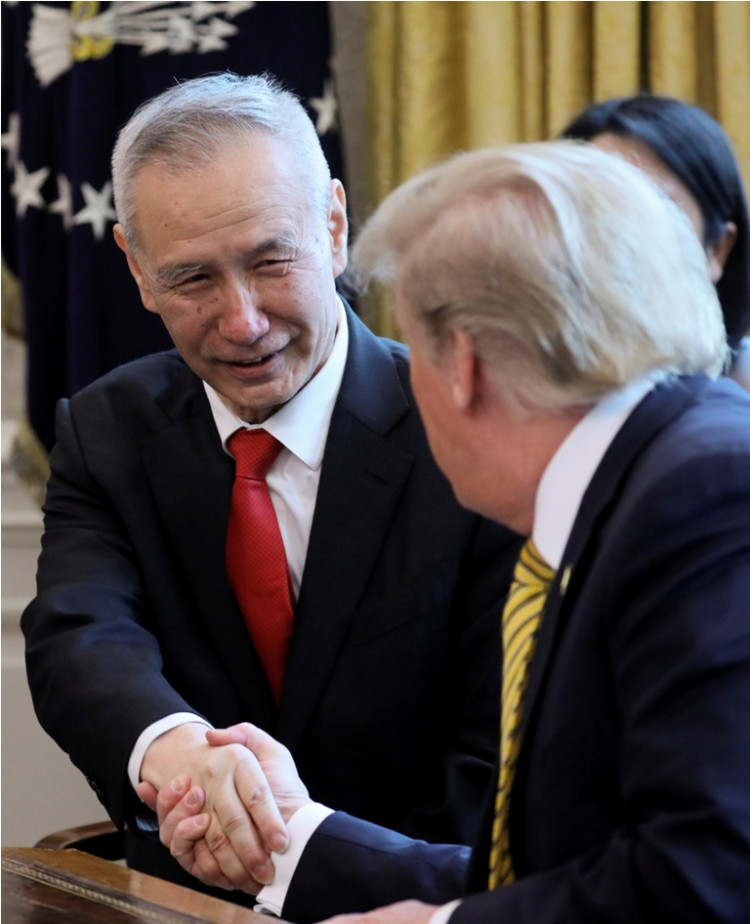Economy experts are optimistic about China's March data as the Chinese market started showing early signs of a potential rebound amid the U.S. government's reported retreat in subsidies demands.
Bloomberg Economics Chief Economist, Tom Orlik, noted that gross domestic product (GDP) data clearly showed China has slowed down in the first quarter of 2019. However, he indicated that March figures could be better.
"Even so, early indications suggest March data will be more positive, as accelerating credit expansion puts a floor under domestic demand. We think the first quarter will be the bottom for the year," Orlik predicted.
Orlik's predictions came amid recovering statistics in the manufacturing sector. It is also expected that the China-U.S. trade deal will see more progress in the coming months as more economists rally behind the Chinese market's prepares to bounce back.
Goldman Sachs and HSBC Holdings' analysts have also expressed confidence in China's economy as corporate tax cuts are being implemented and data on investments, retail sales, and industrial output are set to be revealed on Wednesday. HSBC said the Asian country's growth could reach 6.6 percent in 2019 as China and the U.S. are expected to get closer to a trade deal.
Meanwhile, the United States has reportedly toned down its previously solid demands that Beijing curbs its industrial subsidies. Two sources with knowledge of the situation told Reuters that the American delegation made the decision following the Chinese government's continued resistance against such demands.
Analysts pointed out that the decision could mark the retreat of U.S. negotiators in efforts to push China to ease up on industrial subsidies. Beijing has reiterated that subsidies are part of the Chinese economy's long-term development strategy.
U.S. representatives for trade talks with China have reportedly decided to shift their focus on other aspects of the trade deal that show more achievability as Beijing continues to stand against demands that involve its industrial policies. The U.S. Trade Representative's Office has yet to respond to these reports.
Last week, the International Monetary Fund (IMF) raised its growth outlook of China to 6.3 percent. The previous forecast was slightly lower, at 6.2 percent. According to CNBC, the fund's economic counselor, Gita Gopinath, wrote in last week's report that China has been working hard to curb the negative impact of U.S. tariffs.
Citi's head of Asia Economics and Market Analysis, Johanna Chua, told the outlet's "Street Signs" that the group is expecting to see the Chinese economy stabilizing and regaining momentum in the "next couple of quarters."






